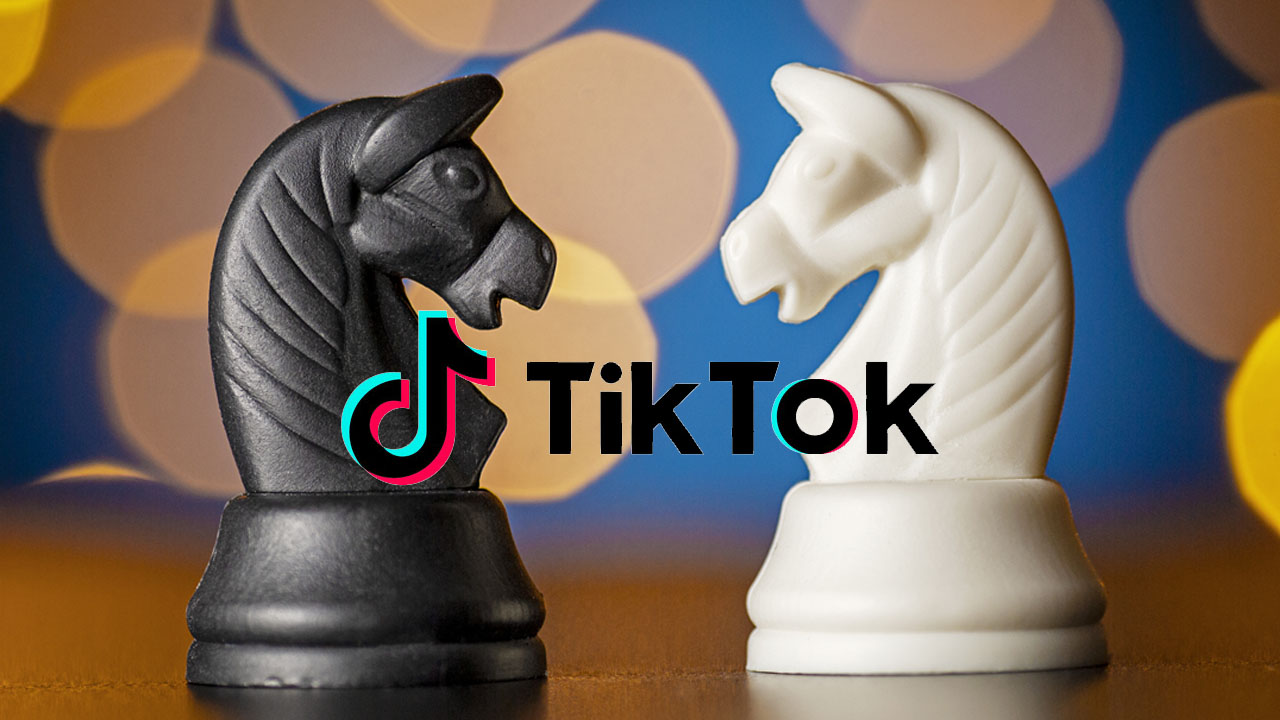Giving up TikTok allows China to project pragmatism and a willingness to negotiate. It is not a defeat; it is a victory. Robert Redford in The Sting would have understood it that way, too.

There are expressions that, while not formal proverbs, neatly capture political cunning: “declare two and pass three.” That is, to feign a minor concession while advancing in what really matters, like someone cooking the books or playing with marked cards. A trick fit for carnival hustlers, but also for the great strategists of geopolitics. Robert Redford embodied it in The Sting, a film that shows how cunning can prevail over brute force.
Last week’s news seemed, at first glance, a U.S. triumph: TikTok would have agreed to sell its operations in the United States. Former President Donald Trump rushed to celebrate it as a victory, after five years of Chinese resistance to any divestment demands, which Beijing had repeatedly denounced as discriminatory.
Yet international analysts warn that this is not a surrender, but a calculated concession made from a position of strength. Lily Kuo, head of The Washington Post’s Beijing bureau, explained it clearly: TikTok has become a relatively minor bargaining chip within a much bigger game. For China, giving ground here creates space to negotiate on what really matters: tariffs, technology, and Taiwan.
That is where the saying comes to life. China declares two and passes three: it hands over a media app in exchange for room to maneuver on strategic issues. The gesture allows the United States to showcase an immediate win—“we’ve forced Beijing to bend”—while China preserves its core priorities intact.
What is interesting is how both sides use narrative to their advantage. For Washington, TikTok is the perfect symbol of the Chinese technological threat, and any concession can be sold as a victory. For Beijing, TikTok is nothing more than a pawn to be sacrificed. The real game is being played in cutting-edge chips, in artificial intelligence, in the supply chains of strategic minerals, and on the most sensitive red line: Taiwan.
 The parallel with The Sting is clear. In the film, Redford and Newman trick the villain into believing he is in control, when in fact he is caught in an elaborate con. Here, Beijing allows the United States to proclaim victory in a minor skirmish, while keeping the decisive cards for the negotiations that will shape the global balance of power.
The parallel with The Sting is clear. In the film, Redford and Newman trick the villain into believing he is in control, when in fact he is caught in an elaborate con. Here, Beijing allows the United States to proclaim victory in a minor skirmish, while keeping the decisive cards for the negotiations that will shape the global balance of power.
The maneuver has another layer: in international politics, perception matters as much as reality. Handing over TikTok allows China to project pragmatism, even a willingness to compromise, precisely at a time when it needs to ease tensions on several fronts. At the same time, the move strengthens nationalist discourse: if the price of safeguarding access to critical technology and reducing tariff pressure is to give up a social network, so be it.
Who loses then? Probably the ordinary citizen, who believes the global showdown is settled with viral videos, when in fact it is being fought in laboratories, ports, and offices where multimillion-dollar investments are decided. TikTok, on this chessboard, is the distracting card.
The saying, once repeated with irony in popular slang, regains its force: “declare two and pass three” is not a carnival trick but a political art. While some celebrate catching the rabbit, others are already cooking the feast. And in this contest between Washington and Beijing, everything suggests the Chinese have learned well the lesson from the great con men of cinema: winning is not always about strength, but about moving the little ball at just the right moment.
________________________________________
Originally published in the newspaper El Comercio.
